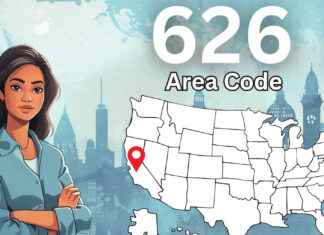It seemed like a quiet morning for the Japanese prime minister. Early electoral act in the port of the city of Wakayama, in the south of the country, to support the candidate of the ruling Liberal Democratic Party (PLD) for local elections. Sermon before a not very large group of fellow party members, dock workers and supporters, and fast return to Tokyo. That was Fumio Kishida’s plan. Until a smoke bomb, accompanied by a slight explosion, caused chaos.
The public broadcaster NHK opened quickly with a video that is already viral on the networks of the Asian country: the prime minister’s escorts take him away as soon as the smoke bomb exploded a few meters from where the leader is. Meanwhile, security pounces on an individual, apparently the suspect for throwing the smoke bomb.
The evacuee Kishida emerged unharmed from the “smoke bomb attack”, as described by the Japanese media. A man was arrested. And for now these are the only details that are known of an incident that raised all the alarms in Japan due to the most recent worrying precedent: the shooting murder in July of last year, also in a campaign act for the House elections. Alta, from former Prime Minister Shinzo Abe.
An event that also splashed the entire government because the murderer, Tetsuya Yamagami, claimed that he attacked Abe with a homemade weapon because of his ties to the Unification Church, a powerful organization with strong ties to the PLD. Yamagami told police that his mother, a church member, had donated large sums of money to the religious group, plunging his family into poverty.
Abe maintained a close relationship with the church, as did, an investigation after the former prime minister’s death showed, 179 of the 379 LDP MPs. There has been much controversy in Japan over politicians’ connections to an organization known for hosting mass weddings and now coming under public scrutiny for pressuring its parishioners to make donations that many cannot afford.
Saturday’s incident with the smoke bomb coincides with a G-7 foreign ministers’ summit in Japan this weekend. The Asian country will host the group’s leaders’ meeting in May in Hiroshima, which will be hosted by Kishida.
The Japanese prime minister, at home, is not going through his best moment: his popularity plummets in the polls, falling below 30%. The Japanese media have been tossing up names for a possible race to succeed him for some time. The economy has not fully recovered after the pandemic and four of his cabinet ministers have resigned due to various scandals since the end of last year. To which should be added the debate on the close relationship of his party with the controversial church that is at the center of the assassination of former leader Abe.
According to the criteria of The Trust Project






